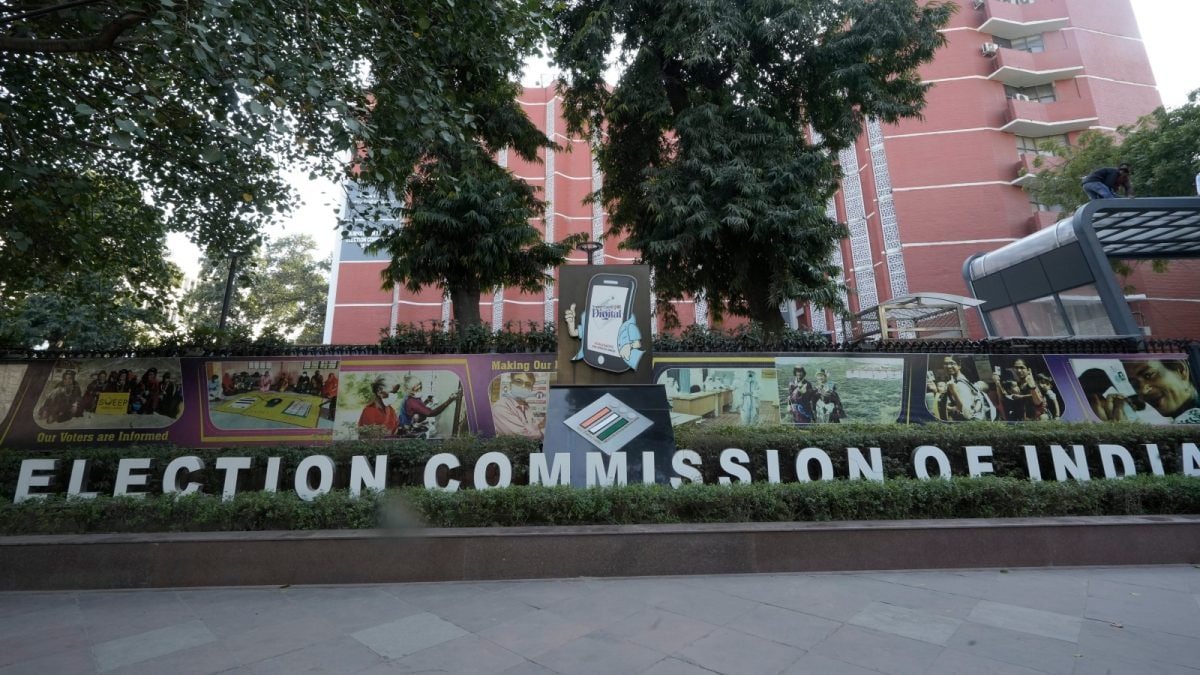The High Court of Karnataka has adjourned to September 8 the hearing on the petition challenging the Constitutional validity of the newly enacted Promotion and Regulation of Online Gaming (PROG) Act, 2025, which has banned all online Real Money Games (RMGs), be it games of skill, chance, or both.
Justice B.M. Shyam Prasad, before whom the petition filed by online gaming company, Head Digital Works Pvt. Ltd., New Delhi, which offers online games in the name of A23, came up for hearing on August 30 (Saturday), also directed the Central government to file its statement of objections by September 8 on the interim prayer sought in the petition for staying the implementation of the new act against online games of skill.
Earlier, Senior Advocate C. Aryama Sundaram, appearing for the petitioner, told the court that the petitioner would not seek interim plea for staying implementation of PROG Act against the online games of skill like rummy and poker, in which betting was considered lawful prior to enactment of the new law, if the Central government undertakes that PROG Act, which received President’s assent on August 22, would not be notified during the pendency of the petition.
Natural fallow up
However, Solicitor General of India Tushar Mehta told the Court that there can be a possibility of notifying it as notification of a new law is a natural legislative function after receipt of assent from the President and there is no need of informing anyone, including the petitioner, in advance about the notification of the new law.
Meanwhile, Mr. Mehta told the Court that the present case would be interesting one as the court for the first time would be examining the legislative competency of the Parliament to enact the law regulating online gaming.
When Mr. Sundaram pointed out that the High Court of Karnataka in 2022 had struck down a similar law enacted by the Karnataka State government banning online games, Mr. Mehta said that in that case the online gaming companies had contended that only the Parliament had the power to enact law regulating online gaming and not the States but in the present case they petitioner contending that the Parliament is not competent to enact this law.
Games of skills
The petitioner-company has specifically challenged the validity of Sections 2(1)(g), 5, 6, 7 and 9 of the Act, which besides banning even online games of skill also treats violations of the provisions of the Act as a cognisable and non-bailable criminal offence.
The main contention of the petitioner is that the PROG Act is contrary to the settled principle of law laid down by the Supreme Court many decades ago that games of skill, involving risking of money or otherwise, are a ‘not things outside commerce’ but a legitimate business activity protected under Article 19(1)(g) of the Constitution of India.



.png)
.png)
.png)
















 8 hours ago
3
8 hours ago
3








 English (US) ·
English (US) ·